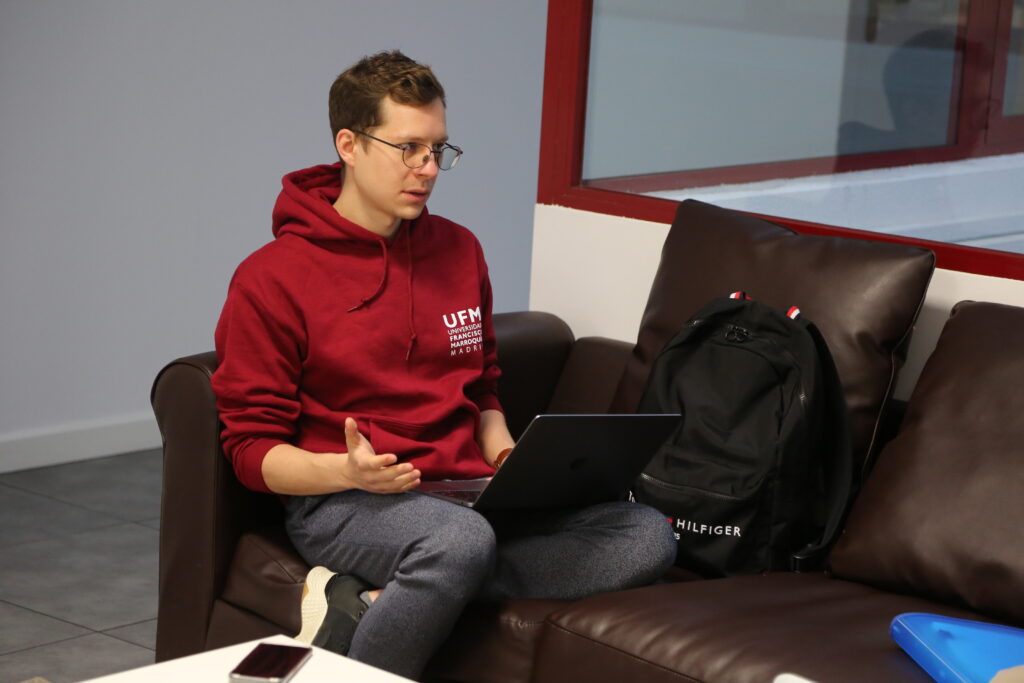How Successful Entrepreneurs Build Opportunity Funnels
FEBRUARY 11, 2017
Waiting around for your next big break to just appear isn’t an option for most entrepreneurs, and it places too much emphasis on luck. Locking yourself in a room to dream up your next great business idea typically yields the same results as waiting, if not worse.
Even if you have a great idea, you can’t start a business in a vacuum. That’s why successful entrepreneurs obsess over building opportunity funnels just as much as building businesses.
What is an opportunity funnel?
An opportunity funnel is a systematic approach to attract, assess, and capture attractive opportunities.
The effectiveness and efficiency of the process is meant to be continually improved over time. You may be tempted to thoroughly evaluate each and every opportunity that comes your way out of a fear that you’ll miss something. And there’s nothing wrong with being thorough, but it costs time and money to fully evaluate each opportunity so a “first come, first serve” approach won’t work.
Instead, think about opportunities in the way you would a sales funnel.
A certain number of opportunity leads or prospects will inevitably opt-out or be screened out at each step, so the quality of the remaining opportunities is improved. To build opportunity funnels, start by asking questions or establishing tests that screen out these subpar opportunities so that you have the time to focus on the most attractive candidates.
You may be tempted to thoroughly evaluate each and every opportunity that comes your way out of a fear that you’ll miss something. And there’s nothing wrong with being thorough, but it costs time and money to fully evaluate each opportunity so a “first come, first serve” approach won’t work.
Instead, think about opportunities about the way you would a sales funnel. A certain number of opportunity leads or prospects will inevitably opt-out or be screened out at each step, so the quality of the remaining opportunities is improved.
Building opportunity funnels
Start by asking questions or establishing tests that screen out these subpar opportunities so that you have the time to focus on the most attractive candidates.
- Is this opportunity from a source I trust and respect?
- Is it exciting?
- Does saying yes to the opportunity strengthen my core value as an entrepreneur?
- Is the investment required within my means?










